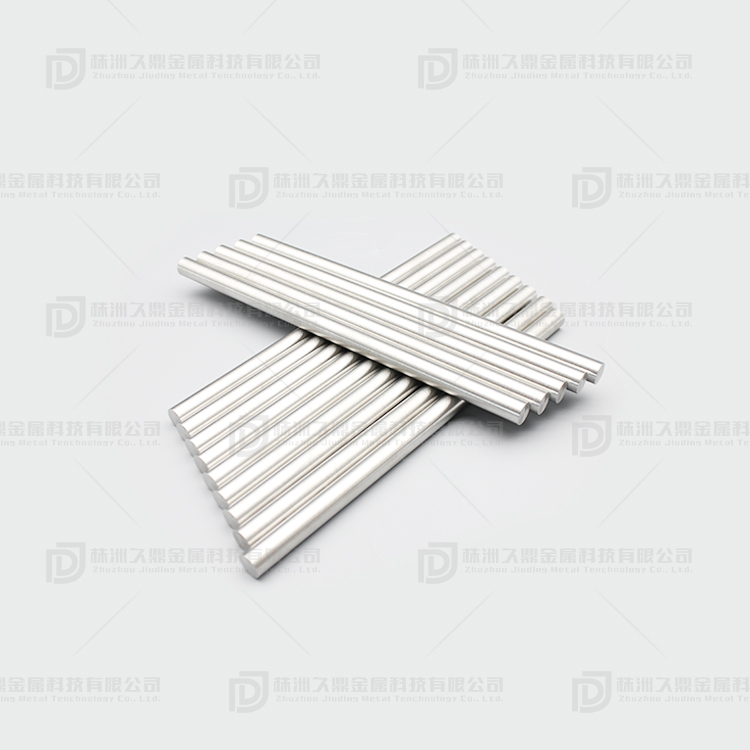Tungsten Alloy Rods For Counterweight Tungsten alloy rods are commonly used as counterweights in various applications due to their high density and excellent mechanical properties. These rods are made by combining tungsten with other metals such as nickel, iron, and copper to create a material with a high density and high strength.
In addition to their use in aerospace and automotive applications, tungsten alloy rods are also used in the medical industry as radiation shielding and in sports equipment as golf club heads and fishing weights.
Tungsten Alloy Rods For Counterweight,Tungsten Alloys Rod,Pressed Tungsten Alloy Bar,Pure Tungsten Alloy Rods Zhuzhou Jiuding Metal Technology Co., Ltd. , https://www.zztungstenheavyalloy.com
The most common application for tungsten alloy rods as counterweights is in the aerospace industry. They are used to balance aircraft control surfaces, such as ailerons and elevators, to ensure stable flight. Tungsten alloy rods are also used in the automotive industry as counterweights for crankshafts and flywheels to reduce vibration and improve engine performance.

Tungsten alloy rods are available in a range of sizes and shapes to meet specific application requirements. They can be machined, drilled, and threaded to fit into various components and assemblies. Overall, tungsten alloy rods provide a reliable and effective solution for counterweight applications.
The petrochemical sector in the Middle East is making a significant move toward greater collaboration, as highlighted by recent developments from the European Plastics Network. For the first time, the region has established a unified industry association called the Gulf Petrochemical and Chemical Association (GPCA). This initiative aims to represent the shared interests of its members while fostering cooperation with international partners across the globe.
Mohamed Al-Mady, CEO of Saudi Basic Industries (SABIC), has been appointed as the GPCA's first chairman. In his inaugural address, he emphasized the importance of unity within the regional petrochemical industry. "By coming together, we can tackle key challenges more effectively," he said. "Issues like environmental regulations, safety standards, operational management, logistics, education, and downstream chemical industries will be addressed more efficiently when we work as one."
The formation of GPCA marks a pivotal step for the Middle East's petrochemical sector, which has long been dominated by individual national players. Now, with a centralized platform, companies can better align their strategies, share best practices, and advocate for common goals on the global stage.
The founding members of the association include major industry players such as Borouge (UAE), Equate (Kuwait), Gulf Petrochemical Industries (Bahrain), Qapco (Qatar), SABIC (Saudi Arabia), and Tasnee Petrochemicals. Their collective participation signals strong support for the initiative and sets the stage for a more coordinated and competitive regional industry.
With the GPCA in place, the Middle East is positioning itself as a stronger, more unified force in the global petrochemical landscape, ready to meet the challenges of an evolving market.